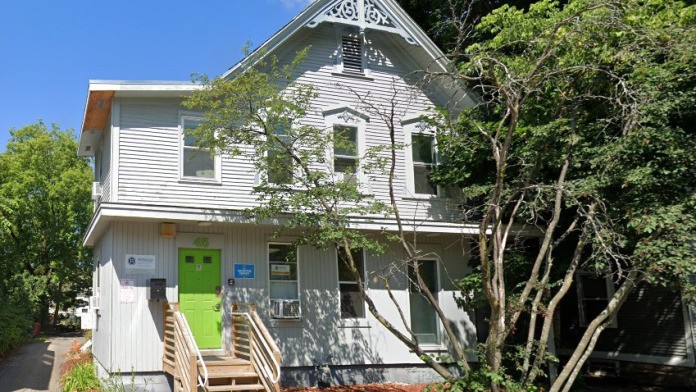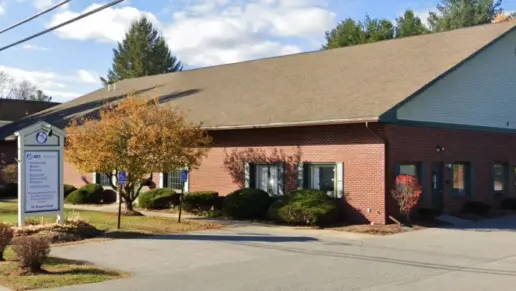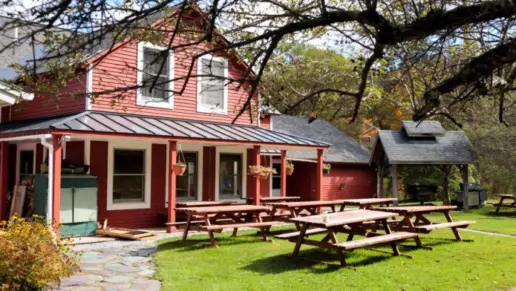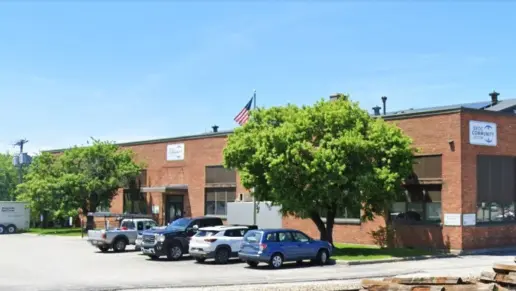About Howard Center Safe Recovery
The Howard Center Safe Recovery facility is located in Burlington, Vermont. They offer a harm reduction and overdose prevention program that’s for people of all ages and all stages of the recovery process.
Their harm reduction approach is focused on safety and well being while minimizing the overall negative impact drug use can have on you. This strategy doesn’t require patients to stop using drugs.
They recognize that battling addiction and substance abuse problems isn’t easy, and they hope to provide a range of support services like overdose prevention education, clean needles and help with other treatment options. They understand some people might not be able or are not in a place to detox or stop using, and they try to mitigate the problems that come from substance use.
The Safe Recovery Program is free for everyone, and they help people who are actively using drugs or those in sustained recovery. They’ll also help you if you relapse. The number one focus of this program is to reduce the effects of drug related harm and prevent an overdose.
They provide overdose training, offer free Narcan and have a needle exchange program. They can do fentanyl and xylazine testing here as well as HIV and Hepatitis C testing. You can get vaccinated for Hepatitis A and B at this facility, and they help with case management and can link you to other types of care if needed.
They have a low barrier buprenorphine program that gives you same day access to medication that could essentially save your life, and they offer free legal help. Their services are free and anonymous, too, and you don’t need an appointment.
Some former patients say the staff and everyone here really cares about people. They say the place is life changing and it works if you work it.
Latest Reviews
Gallery

Location
Accepted Insurance
Other Forms of Payment
Self-pay involves paying for treatment out of your own pocket. You can use savings or credit, get a personal loan, or receive help from family and friends to fund your treatment. If you don't have insurance or your insurance plan doesn't cover a specific program, self-pay can help ensure you still get the care you need.
Addiction Treatments
Levels of Care
Treatments
The goal of treatment for alcoholism is abstinence. Those with poor social support, poor motivation, or psychiatric disorders tend to relapse within a few years of treatment. For these people, success is measured by longer periods of abstinence, reduced use of alcohol, better health, and improved social functioning. Recovery and Maintenance are usually based on 12 step programs and AA meetings.
A person with substance dependence can achieve recovery through drug rehab in Vermont. Professional staff provide a combination of interventions that are designed to help you attain and maintain abstinence from drugs.
A combined mental health and substance abuse rehab has the staff and resources available to handle individuals with both mental health and substance abuse issues. It can be challenging to determine where a specific symptom stems from (a mental health issue or an issue related to substance abuse), so mental health and substance abuse professionals are helpful in detangling symptoms and keeping treatment on track.
Opioid rehabs specialize in supporting those recovering from opioid addiction. They treat those suffering from addiction to illegal opioids like heroin, as well as prescription drugs like oxycodone. These centers typically combine both physical as well as mental and emotional support to help stop addiction. Physical support often includes medical detox and subsequent medical support (including medication), and mental support includes in-depth therapy to address the underlying causes of addiction.
Programs







Clinical Services
Whether a marriage or other committed relationship, an intimate partnership is one of the most important aspects of a person's life. Drug and alcohol addiction affects both members of a couple in deep and meaningful ways, as does rehab and recovery. Couples therapy and other couples-focused treatment programs are significant parts of exploring triggers of addiction, as well as learning how to build healthy patterns to support ongoing sobriety.
Research clearly demonstrates that recovery is far more successful and sustainable when loved ones like family members participate in rehab and substance abuse treatment. Genetic factors may be at play when it comes to drug and alcohol addiction, as well as mental health issues. Family dynamics often play a critical role in addiction triggers, and if properly educated, family members can be a strong source of support when it comes to rehabilitation.
Group therapy is any therapeutic work that happens in a group (not one-on-one). There are a number of different group therapy modalities, including support groups, experiential therapy, psycho-education, and more. Group therapy involves treatment as well as processing interaction between group members.
In individual therapy, a patient meets one-on-one with a trained psychologist or counselor. Therapy is a pivotal part of effective substance abuse treatment, as it often covers root causes of addiction, including challenges faced by the patient in their social, family, and work/school life.
Contact Information
45 Clarke Street
Burlington, VT 05401


